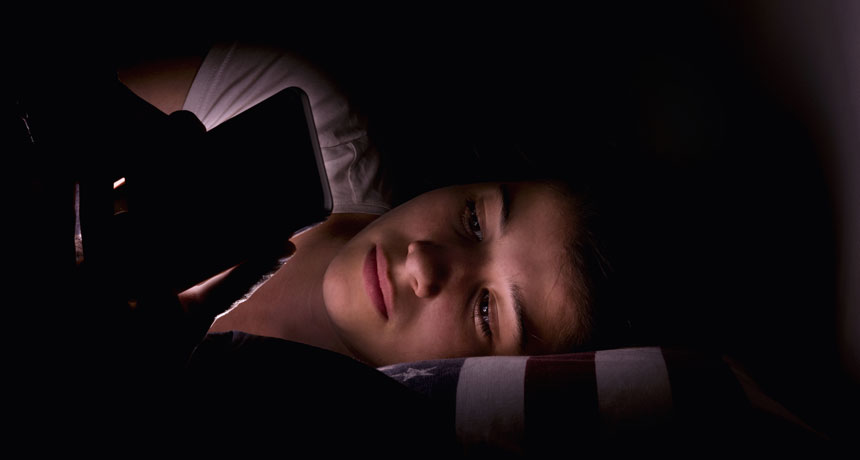Blog Post
LGBT activists know that pornography is one of their most powerful tools
By Jonathon Van Maren
A couple of years back, I participated in an hourlong debate on one of the biggest radio stations in London, Ontario, on the subject “Is porn good for society?” I was arguing that pornography is poisonous, and a queer studies professor was taking the opposite view. Over the course of the hour, she began to steadily agree with me that pornography’s impacts were pernicious. Porn fueled rape culture; taught a perverse view of sex; it shaped young, impressionable minds with violent and degrading sexual content.
Toward the end of the debate, I asked her how she could agree with me on nearly every point — but still defended the idea that porn was good for society.
Her answer was revealing. As a queer person, she said, she had needed pornography when she was young to explore her sexuality. To put it bluntly, many young people identifying as LGBT need porn to figure out how to put their sexual views into practice. Porn functions as a “how-to” manual. Thus, this professor was willing to cede that the vast majority of porn was poisonous. But she maintained that in the case of young, non-straight people trying to figure things out — porn was necessary, and even good. This conversation sprang to mind when Pink News, a radical LGBT outlet, published an article titled “Tory bid to revive failed ‘porn-block’ ban could put LGBT+ users at risk, critics warn.”
The U.K. government has been trying — and failing — to implement policies keeping porn away from minors for some time. After various setbacks, the Tories are relaunching a previous plan with the revived Online Safety Bill (scheduled to be tabled in March) that will require porn websites to verify user ages with key details such as credit cards or passports to ensure that minors cannot access these sites.
This will apply to all major porn sites as well as other pornographic outlets such as OnlyFans. The plan is obviously full of holes — porn is so ubiquitous that kids seeking it will certainly find it — but it is nonetheless a very small step in the right direction.
Porn companies who fail to follow the new law could face massive fines of up to “10 percent of the company’s annual turnover and even block them from operating in Britain via blacklists issued to the country’s ISPs.”
The Department for Digital, Culture, Media, and Support has stated that a range of age verification methods are being explored. “Parents deserve peace of mind that their children are protected online from seeing things no child should see,” digital minister Chris Philp stated. “We are now strengthening the online safety bill so it applies to all porn sites to ensure we achieve our aim of making the internet a safer place.”
In short: Stay away from the kids.
READ THE REST OF THIS COLUMN HERE








